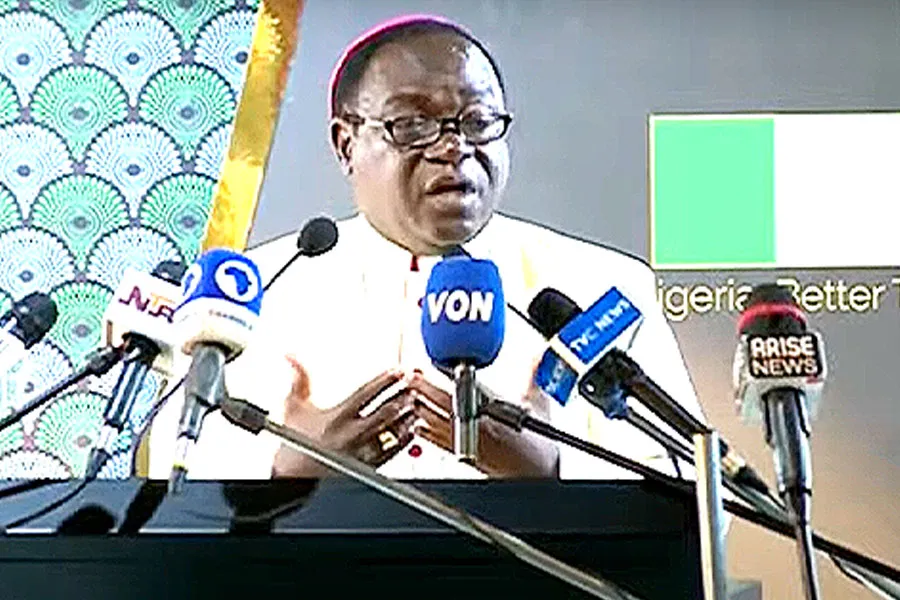Sokoto, 28 May, 2023 / 9:20 pm (ACI Africa).
The Catholic Bishop of Nigeria’s Sokoto Diocese has cautioned the incoming government of the West African nation against the thinking that all is well in the country.
Speaking at the 2023 presidential inauguration lecture held in Abuja Saturday, May 27, Bishop Matthew Hassan Kukah called on the President-elect, Bola Ahmed Tinubu, to identify what is behind the “scars, wounds and injuries” of Nigerians even as he prioritizes their healing.
“I want to say that first of all Nigeria must heal but we also must have the courage to identify the scar, wounds, and injuries,” Bishop Kukah said.
The vocal Nigerian Catholic Bishop who is also known for good governance advocacy said that the “worst thing that can happen to us is to pretend that everything is okay because everything is not okay.”
“We have so many of our citizens who have lost their lives and a lot who are in captivity,” Bishop Kukah lamented in his reflection titled, “Religious Tolerance and Inclusiveness”.








